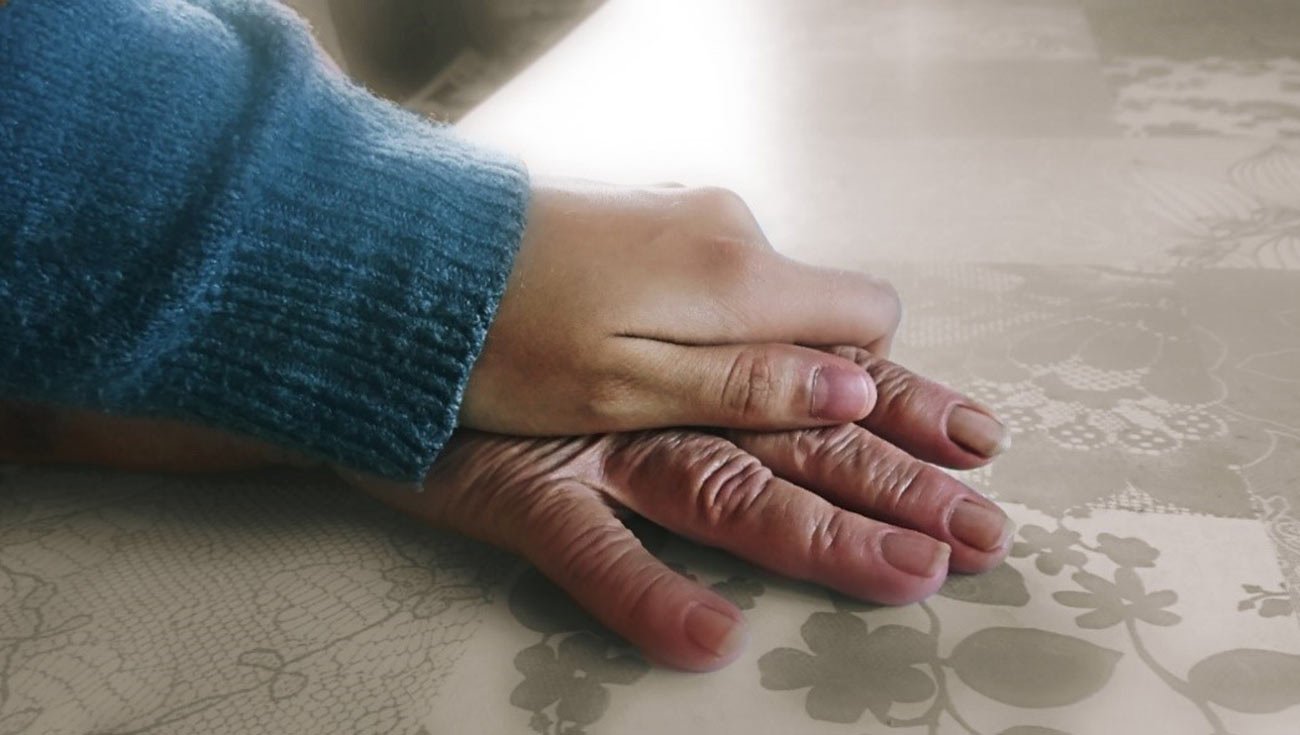Our life expectancy is growing and with it the number of people who need care. Even though there are about 30.000 jobs available in the retirement/nursing home sector more workers are hard to find. For a lot of “to-be-workers” the reasoning is simple: the kids of today want to go to university, the pay is not very good, and nobody is happy to work on Saturday nights. With a lot of impactful issues around the world we often forget the elderly and citizens requiring care at home. But diseases like Dementia and Alzheimer’s are on the rise. Unfortunately!
hese kinds of mental illnesses are the pestilence of the 21st century keeping people trapped in their “young” and healthy bodies, not being able to speak or have clear thoughts is like living the life of a coma patient. Even if these sicknesses are not infectious, they spread through the whole surrounding of the patient. Nevertheless, their families try to look after the diseased person at home. But at some point home care becomes impossible without the help of professionals. For most the last resort is sending their loved ones to a retirement home. That is the best solution, isn´t it? But the human rights of the patients there are massively restricted. To put it in a nutshell: the German government supports the violation of human rights. But seriously, how else should this system work at the moment? What is the alternative?
Working or living with people, who have got mental illnesses, is one of the hardest tasks I could image. Not the kind of “hard” like a construction job for example. This job takes more. You must be friendly, empathic and tolerant. You need a unique body and mind. It is their daily task to care not only for their patients but also for themselves. That counts for the relatives of these people as well and they’re not even trained. Consequently, it is necessary to “restrict” the human rights of the patient. This is an important way to unburden the personnel in this type of institution and the relatives of the needful person.
ne of many examples for necessary restrictions is to leave the doors of the patients´ bedrooms open to get an overview of what the ten to twenty patients in a department are doing. A similar scenario would be that the people with Dementia or Alzheimer who still live at home, must have their beds in the living room. This is a clear elimination of privacy but it is a provision to facilitate oversight as well. Some people become mean and aggressive because of their illness requiring measures like clouding their consciousness with medicines or fixating them to their bed. That sounds and is very brutal, though this is the last resort to guarantee the wellbeing of the staff. If a person suffers from a mental disease you have to make a choice: Is it fair that everyone surrounding a patient has to give up their entire life or can you restrict just one person a little bit? And we should honor the nurses that give the best they can under these tough conditions night and day. Thank you!
Despite this there are people who have to live like that because there is no recovery. The only option is trying to stay positive in a mostly sad life. This not only relieves the relatives, it also has a huge impact on the patients themselves. However, not just a positive atmosphere lightens their daily life. All the apparent “violations” of their rights are measures to simplify their remaining lifetime and protect them from themselves. Specific situations call for specific measures. If less caretakers are around at night and a charge has a confused moment, it is important to look out for them. Physically healthy patients could try to leave the facility.
o, most retirement homes have to be locked at night. It is a huge risk if they do not find the way back or forget to pay attention to traffic. It’s all for safety reasons. Decisions like these, which critics would call restrictive, are important because the afflicted are not themselves due to their illnesses. For that reason, it would be irresponsible to let them make for example medical decisions for themselves. While Alzheimer and Dementia are mental illnesses sooner or later they lead to physical troubles. At some point it will be necessary to wash them or help them go to the toilet. In everyone´s life there comes a point where it is impossible to survive without help. I know, noone wants to show weaknesses. But your family, friends and trained caretakers will try everything to give you the chance to end your life in a dignified manner.
To reiterate not everyone knows how to handle such a situation. Since the medical advancements in this area are virtually none existing, it’s the only thing we can do to engage in damage limitation. Care is not only expensive, it also costs energy and time. This is one of the main reasons why the professions dealing with old and sick care are so important. We all need to learn how to deal with this new type of psychological disease. I had to learn this the hard way because I have lived nearly my entire life together with psychologically ill people. Professional help allowed our lives to be liveable again. All the situations I mentioned, which might sound horrible for someone else, are endurable. Till the end I knew they were in good hands. I do not deny that our system is not perfect, but we should take what we can get. So focus on the very important things in life and they are not the small restrictions of freedom in retirement homes.

